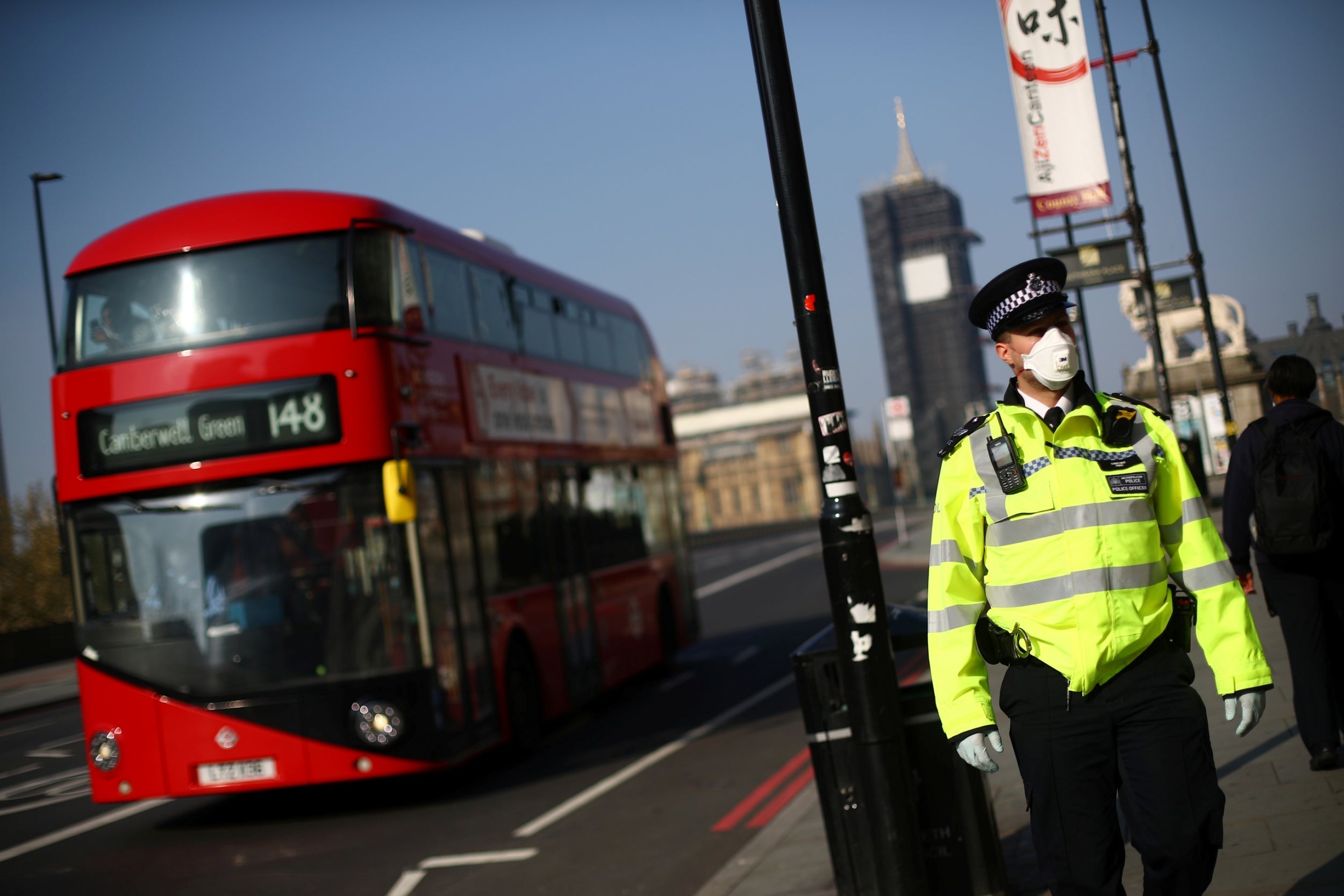Coronavirus: Could areas of the UK lift the lockdown at different times?
The powers of the devolved nations mean approaches to Covid-19 could differ, writes Sean O'Grady


The coronavirus, as is all too obvious, is no respecter of national boundaries – or any other political boundaries for that matter. However, the devolved administrations of the UK, in Scotland, Wales and Northern Ireland, are able to respond to the spread of Covid-19 in different ways, and have certainly done so.
The most recent example is the firm declaration – before the UK/English authorities – by the first ministers of Wales and Scotland that the current lockdown will not be relaxed next week, so far as those nations are concerned.
They are able to do this because they have existing devolved powers (such as complete control over health) and because the emergency legislation in the Coronavirus Act also devolved some of the new draconian powers to them. The three devolved administrations also have their own independent chief medical officers and chief scientific advisers. They tend to agree on the science and appear to offer very similar guidance across the UK, but the basic approach has sometimes varied.
Thus, in recent weeks we have seen the Scottish government led by Nicola Sturgeon closing schools four days earlier than those in England were shut down. Similarly, the authorities in Scotland have varied the economic support package for business (such as business rates), and barred mass gatherings earlier than in the rest of the UK.
The Northern Ireland executive also has the challenge of how far it follows the lead of London or Dublin, given that the island of Ireland, now with such free movement of people, is regarded as a single epidemiological territory. When Ireland sent its children home from school, the DUP first minister Arlene Foster at first favoured leaving Northern Ireland’s educational institutions open, while her Sinn Fein deputy, Michelle O’Neill wanted to conform to Irish policy.
Similarly, when the time comes for a relaxation of the lockdown, we could, for example, see a resumption of football matches and car travel in England and Northern Ireland, say, but not in Wales and Scotland. Or the police in Scotland might take an even tougher line on tourists taking a hike in the Trossachs than their counterparts in the Brecon Beacons or the Yorkshire Moors.
Provided the finance (centrally funded by HM Treasury), and the formal legal powers exist for them to do so, the four nations of the UK could diverge markedly in future months. This would mean that the current pattern of the same national messages delivered locally becoming untenable, if people in Dungannon and Durham are allowed to travel freely but those in Dundee and Denbigh are told they must stay at home.
It would also mean that people, especially in border areas, might be tempted to hop across borders for shopping or a break from confinement. That in turn raises the possibility of more police checks and soft borders springing up between the four UK nations.
The four nations, plus the Mayor of London, Sadiq Khan, are represented on the Cobra committee dealing with the crisis, and the general attitude thus far has been to consult, collaborate and reach consensus on what they are all asking of the public. But there is the growing danger of a coherent UK-wide national approach on these relatively small isles fraying. The united battle against Covid-19 could give way to much more varied policies in a way the public might not fully comprehend, given the extent of historic freedoms of movements of people and trading habits across the UK, and that coronavirus threatens every household equally.
Join our commenting forum
Join thought-provoking conversations, follow other Independent readers and see their replies
Comments